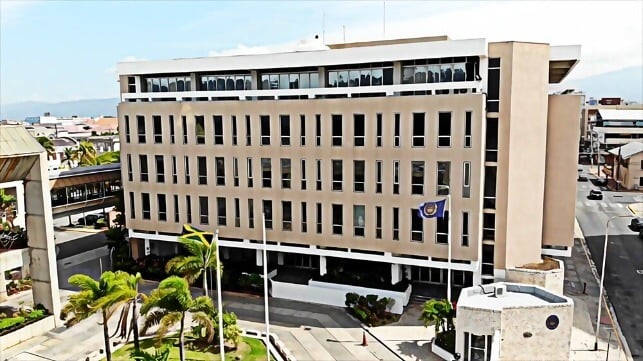Switching Directions, ISA Picks an Oceanographer for its Top Post

Brazilian oceanographer Leticia Carvalho has been elected as the next Secretary-General of International Seabed Authority (ISA). This brings to a close the term of predecessor Michael Lodge, who has been serving in the position since 2016. During his term in office, the little-known ISA has been thrust in the limelight over the ongoing debate on the regulation of seabed mining.
Lodge has faced immense criticism from some ISA member countries over perceived biases. Lodge has been accused of being close to executives of seabed mining companies, potentially overstepping the oversight role of ISA. In the just-concluded election cycle, Lodge’s third term in office was sponsored by the Pacific island nation of Kiribati, which supports seabed mining. Kiribati has granted a mining concession to a prominent exploration company, which could potentially mine 75,000 square kilometers of the Pacific seabed if granted ISA approval.
Carvalho campaigned for the Secretary-General’s position by asserting that trust had been broken and ought to be restored at ISA. “The current divide of views among the state parties in the council is heavily due to the lack of trust and leadership, on top of whatever scientific gaps we may have or asymmetry of knowledge between the member countries. It is time for meaningful transformation at ISA,” said Carvalho.
The election of Carvalho has been celebrated as historic, as she is the first woman to lead ISA. She is also the first secretary-general with a background in oceanography. Carvalho is currently serving as the head of Marine and Fresh water branch of the UN Environment Programme (UNEP) based in Nairobi, Kenya.
Carvalho’s term will begin in next January and will run through December 2028. She joins the agency as member countries finalize negotiations on the deep sea mining code, a task that will likely shape her legacy.

that matters most
Get the latest maritime news delivered to your inbox daily.
Currently, countries are divided on seabed mining, with those that are supporting arguing that it will help boost the supplies of critical minerals needed for the global energy transition. However, the number of countries opposing the activity is steadily rising. They urge that the environmental, technical and financial aspects of seabed mining have to be clarified upfront.
In just over two years, 32 countries have come forward to oppose seabed mining. Five of these joined the list in the last week, including Malta, Tuvalu, Guatemala, Honduras and Austria.
